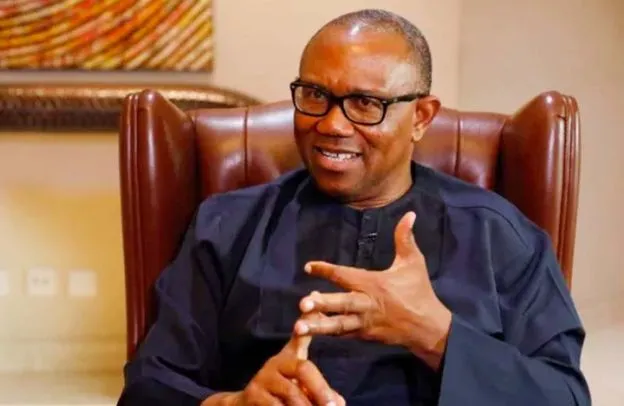Across Nigeria, a growing number of AI-generated images and videos are being used in advertising without consent, misleading the public and implicating prominent figures in endorsements they never made. Among those speaking up, Peter Obi, a former presidential candidate, has raised the alarm over adverts falsely associating him with products or investment schemes.
What’s Going On
-
A video circulated online claimed Peter Obi endorsed a financial investment opportunity. His camp confirmed the video was fabricated using AI technology; the endorsement was false.
-
Similarly, former Vice President Yemi Osinbajo’s image and voice have been used via AI in videos promoting hypertension medication and a dubious money-making scheme, both of which his office disowned.
-
Another case involves a fake advertisement featuring President Bola Tinubu, used to solicit investment in a Ponzi scheme. The Advertising Regulatory Council of Nigeria (ARCON) has issued warnings and clarified that the advert was not authorised.
Why It Matters
These fake adverts do more than confuse—they erode trust in public figures and institutions, mislead consumers, and circumvent laws on misleading advertising. The ease with which AI tech can generate convincing images and audio makes regulation and public awareness essential.
Response & What Needs to Be Done
-
Public figures are increasingly issuing disclaimers and seeking legal or regulatory recourse to protect their reputations.
-
ARCON has reiterated its commitment to enforce the Advertising Regulatory Council Act, which includes sanctions for false or misleading adverts.
-
Experts are calling for stronger digital literacy campaigns so the public can more reliably distinguish between genuine and AI-fabricated content.
-
There is also a push for platforms (social media, ad networks) to verify authorisation for adverts featuring public figures.
Bottom Line
As AI-generated media becomes more accessible, the risk of misuse increases. Nigeria’s recent examples show it’s not enough to wait; regulation, enforcement, public education, and ethical responsibility are all needed to stem the tide of fake endorsements and protect both reputations and consumers.

